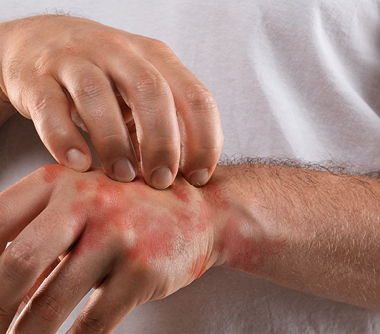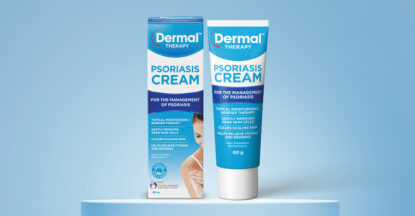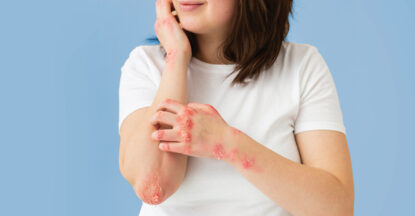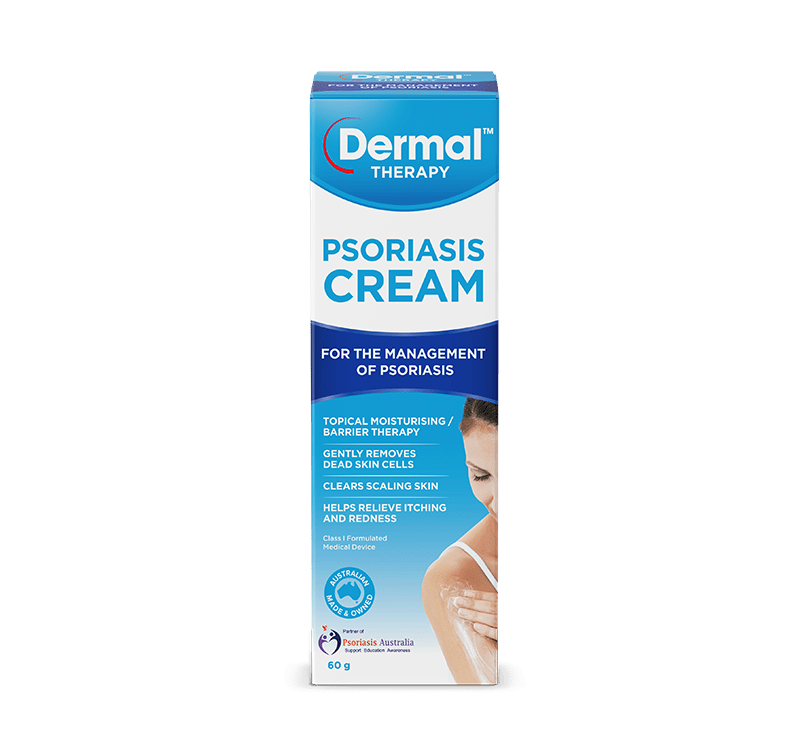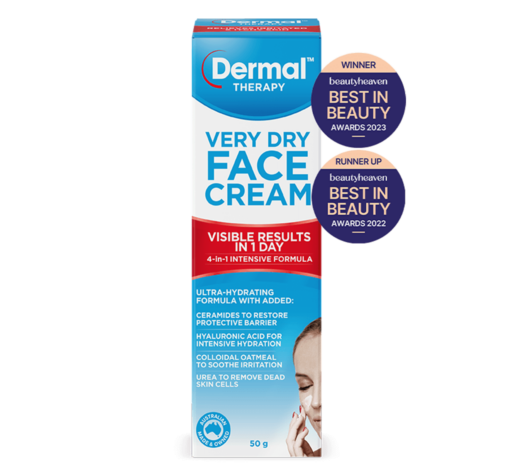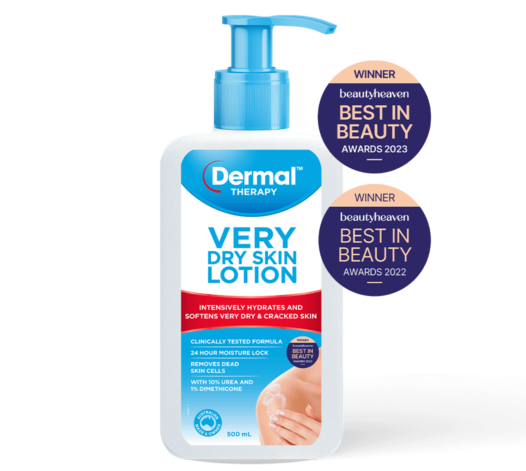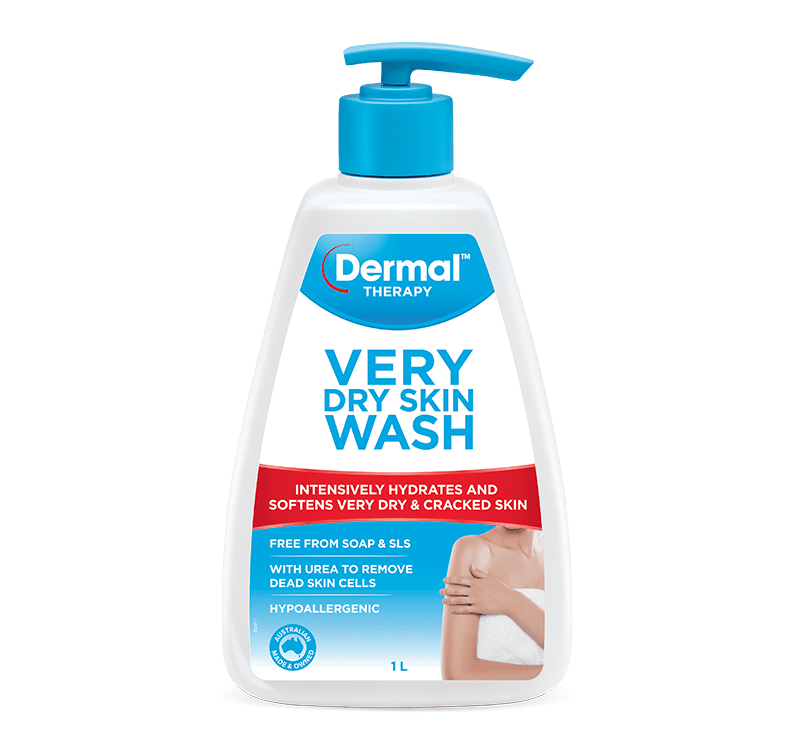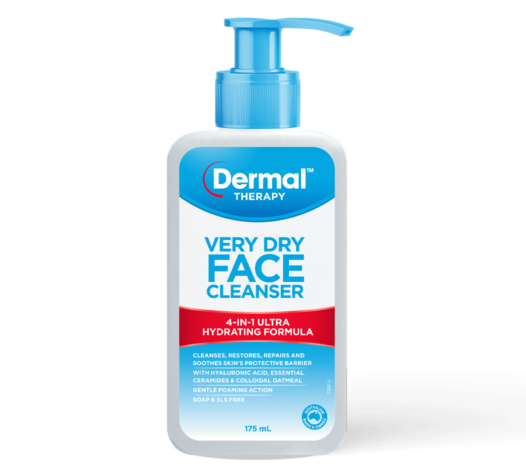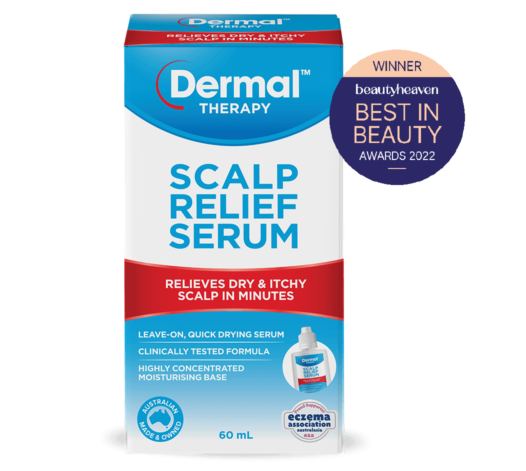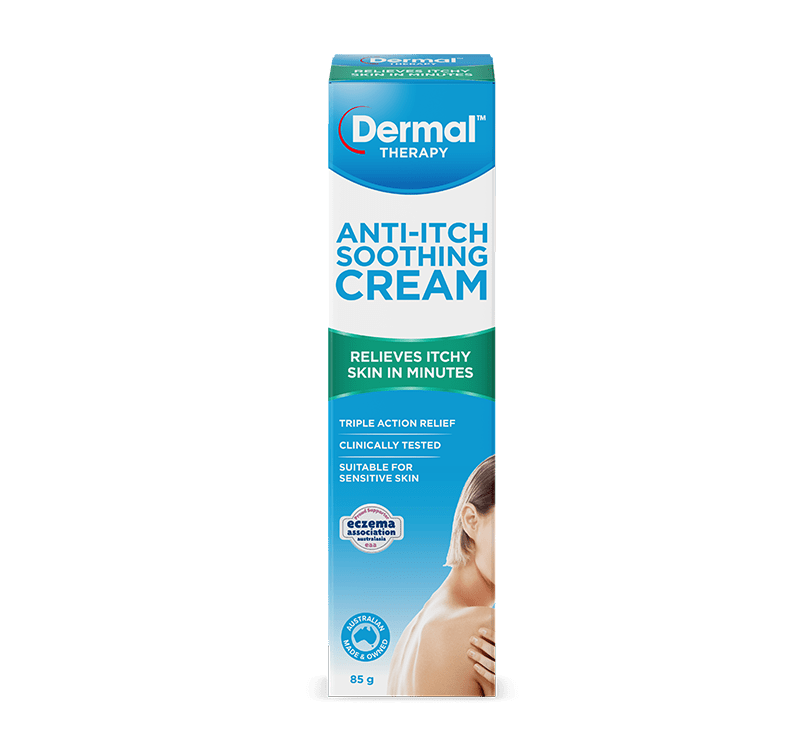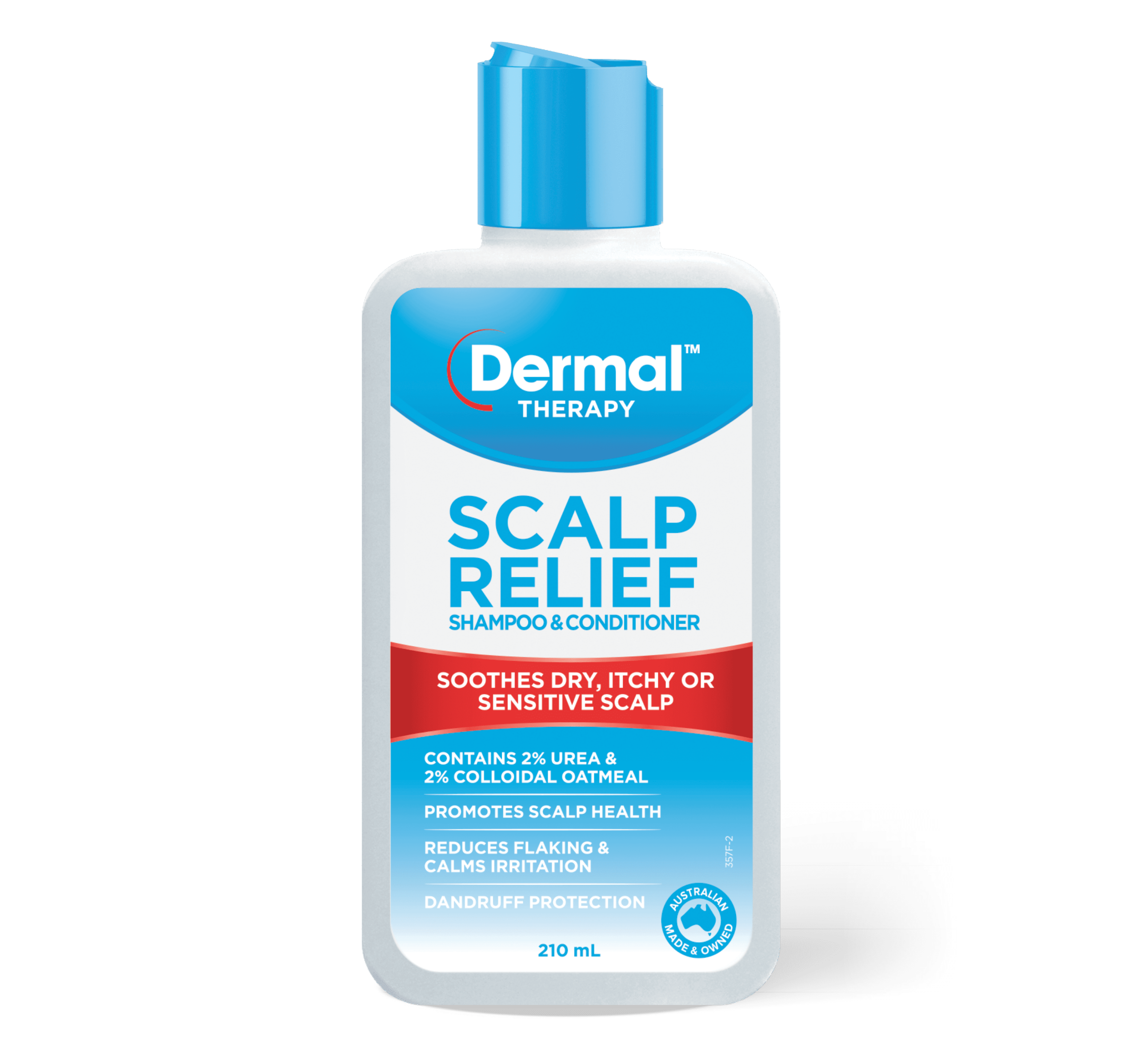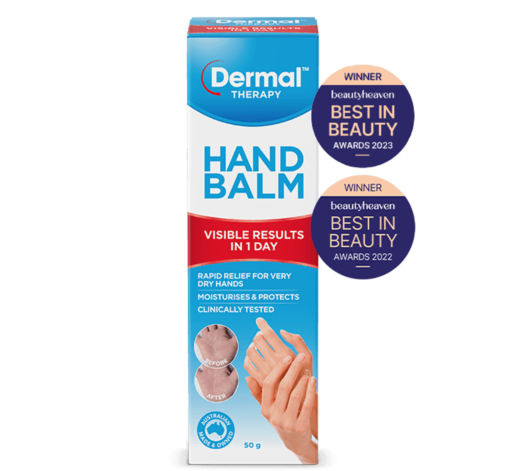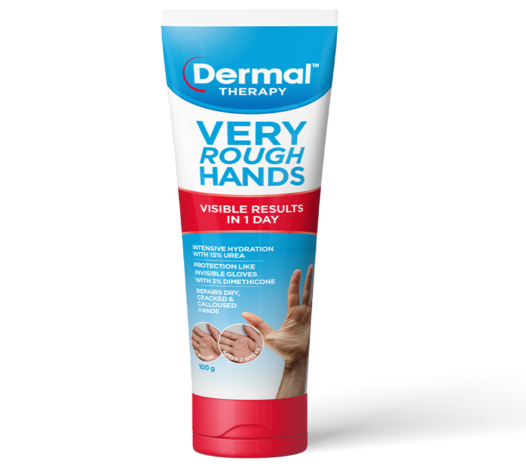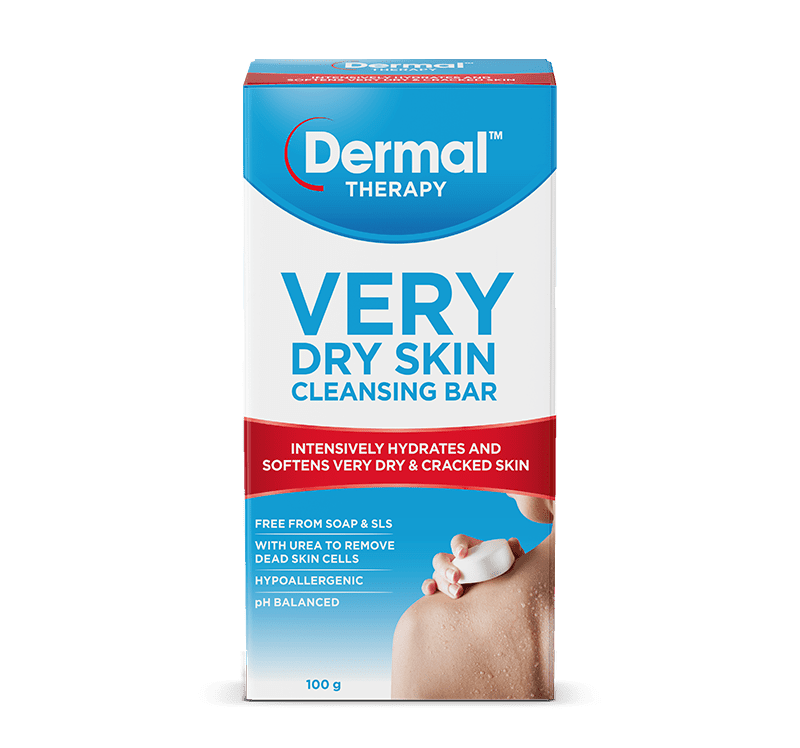Psoriasis is a non-contagious skin disorder that typically affects 2.6% of Australians (Cimmino, 2007). It causes red, itchy and scaly patches on your skin, most commonly on the scalp, knees, elbows, lower back, hands and feet (but it can develop almost anywhere on the body). Psoriasis is thought to be related to the immune system, often developing in cycles with flare-ups of weeks or months at a time. Common symptoms include red patches of skin with thick, silvery scales, dry, cracked skin that becomes bleeding and itchy, swollen and stiff joints, and small scaling spots.
View products Fast Facts
Articles about Psoriasis
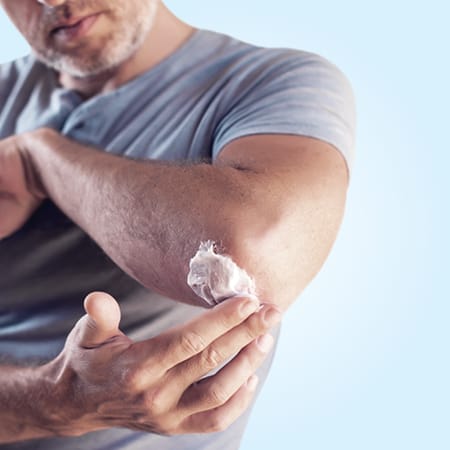
FAQ
Psoriasis is thought to be related to problems within the immune system, which causes skin to regenerate at faster than normal rates. A range of triggers also contribute to psoriasis. Newly produced skin cells normally mature over a period of 3–4 weeks while travelling to the skin’s surface to shed, but in people with psoriasis, new skin cells reach the skin’s surface in just 2–6 days, which results in raised, inflamed, scaly, red lesions known as plaques.
Yes, psoriasis is an autoimmune disease. This means that part of the body’s immune system becomes overactive, and attacks normal tissues in the body. In the case of psoriasis, it means that some areas of skin regenerate faster than others.
As with many other skin conditions, especially autoimmune related diseases, psoriasis can run in families. If your relatives have psoriasis, you’re more likely to have it as well. Once you develop psoriasis, it usually continues throughout your life, and may get better or worse (and sometimes even disappear) for certain periods of time.
Psoriasis flare ups are caused by a range of triggers, many of them environmental. Infections can trigger a psoriasis flare up, as can the weather (cold, dry conditions especially), skin injuries, stress, smoking, heavy alcohol consumption and certain medications. Dermal Therapy’s Psoriasis Cream is specifically formulated for the symptomatic relief of psoriasis and can be used in combination with other psoriasis treatments. It can help ease skin plaques, a primary characteristic of psoriasis, by softening the skin and enhancing scale removal. It also forms a barrier to prevent further moisture loss, keeping the skin supple and providing a protected healing environment.
Most psoriasis skin conditions look like thick, red and well-defined patches of skin, with white scaly patches (sometimes they look silvery or flaky). If you think you might have psoriasis, make sure to see your doctor, especially if you notice it becoming more severe or widespread, or if the psoriasis isn’t improving with treatment.
Dry scaly patches on skin or flaky skin patches can be a symptom of medical and skin conditions like eczema, dermatitis, infections and psoriasis. Dry scaly patches of skin is common for psoriasis because the autoimmune disease affects the life cycle of your skin, leading to a build-up of dead cells on the surface. Psoriasis is most commonly found on the knees, elbows, stomach and scalp.
Discover how we can help
People who have this condition have found these products to be helpful
Psoriasis Cream
Manage your psoriasis with a clinically tested topical moisturising barrier cream that helps relieve itching and redness of skin.
- 10% Urea & 1.5% Lactic Acid to gently remove dead skin cells
- Minimises skin dehydration and forms a barrier to prevent further moisture loss
- Clears scaling skin
- Free from tar, steroid and fragrance
- Prescription free
Complementary products

